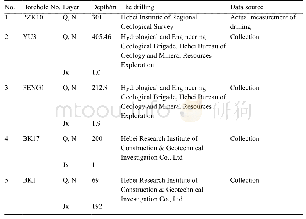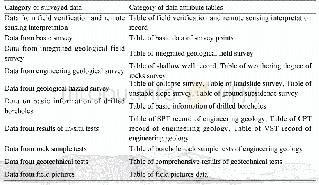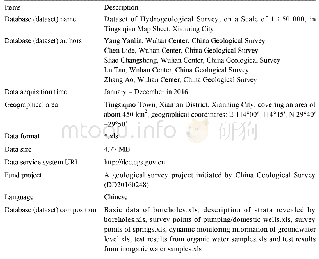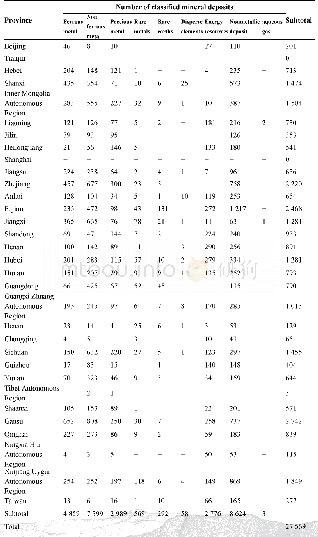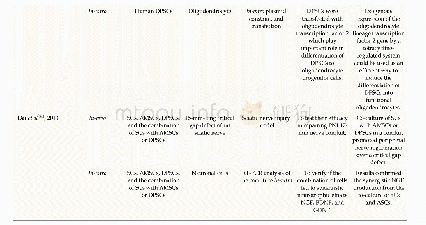《Table 5 The currently-available PD databases》
 提示:宽带有限、当前游客访问压缩模式
提示:宽带有限、当前游客访问压缩模式
本系列图表出处文件名:随高清版一同展现
《Translational Informatics for Parkinson's Disease:from Big Biomedical Data to Small Actionable Alterations》
A database and a knowledge base for diverse PD data are needed for the modelling and understanding of the pathogenesis and progression of PD.Table 5 lists the existing PD databases.PDGene is a comprehensive online resource of potential risk loci in PD[64].After data from all the published articles and genome-wide association studies(GWAS)were extracted,deep meta-analyses were performed on millions of polymorphisms from different GWAS datasets or PD-related studies.A total of 11 loci,e.g.,GBA,LRRK2,MAPT,PARK16,and SNCA,were significant genome-wide for PD risk evaluation.ParkDB is another database aimed at recording key molecular events during PD development[65].It contains a large number of re-analysed and annotated microarray datasets,which are advantageous for screening expression signatures associated with PD under different biological backgrounds.PDmutDB is a PD mutation database that comprises information on all known mutations in the genes associated with PD development[66].Through expressed sequenced tags(ESTs)on substantia nigra tissues from healthy and PD populations,PDbase was built to capture PD-related genes and genetic variations[67].In addition,the database integrated several valuable resources for PD annotation and provides information such as mitochondrion proteins,microRNA-gene regulations,structural variations in PD-related genes,and pathways/networks within protein–protein interactions to better understand the causes of PD.An international and multi-centre study,PPMI,also collected diverse data from PD patients for future biomarker discovery and personalized PD therapy[68].Although many databases have been established,with more digital data from PD patients and related resources available,we could collect big PD biomedical data,especially PD-associated phenotype data,to conduct studies to obtain a holistic description and mechanism of PD.
| 图表编号 | XD00117310600 严禁用于非法目的 |
|---|---|
| 绘制时间 | 2019.08.01 |
| 作者 | Bairong Shen、Yuxin Lin、Cheng Bi、Shengrong Zhou、Zhongchen Bai、Guangmin Zheng、Jing Zhou |
| 绘制单位 | Institutes for Systems Genetics, West China Hospital, Sichuan University、Center for Systems Biology, Soochow University、Center for Systems Biology, Soochow University、Center for Systems Biology, Soochow University、Center for Translational Biomedical Infor |
| 更多格式 | 高清、无水印(增值服务) |
